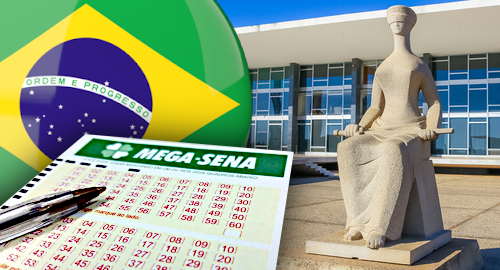 Brazil’s national lottery monopoly is history after the nation’s top court declared that individual states had the right to offer their own products.
Brazil’s national lottery monopoly is history after the nation’s top court declared that individual states had the right to offer their own products.
On Wednesday, the nine ministers on Brazil’s Supreme Federal Court unanimously ruled that while the Union (federal government) has the right to pass laws that govern lottery operations, there’s nothing in the law that prevents states from operating their own lotteries under these rules.
The Court was responding to a suit filed by the state of Rio de Janeiro, which took exception when the federal government ordered the state lottery to shut down a couple years ago. The state estimated that this would put a major hole in its operating budget and decided to take the feds to court.
In 1967, the federal government approved Decree 204/67, which granted it the exclusive right to operate lotteries, under the guise of preventing “the emergence and proliferation of prohibited games.” But this decree didn’t formally repeal a 1944 decree that permitted both state and federal lotteries.
Minister Gilmar Mendes said lotteries were public services and there was nothing in Brazil’s post-dictatorship constitution that allowed the feds to impose “a restriction on the exploitation of public services from that already provided for” in the constitution. Mendes added that lotteries provided states with necessary funds for contingencies and to shore up social programs.
While state governments are hailing this support of their autonomy, it remains to be seen what this means for International Game Technology (IGT) and Scientific Games (SG), which teamed up last year to acquire Brazil’s instant lottery business Lotex.
It took a while for Brazil’s government to find takers for its Lotex privatization, and the IGT/SG consortium might now feel as though the value of this asset has been significantly diminished. Negotiations on some sort of reduced price may already be underway, along with contingency preparation of legal filings accusing the government of a bait-and-switch.
Brazil’s federal government hasn’t had much luck in getting its way with its lottery operations. This spring, as COVID-19 began to take hold in the country, President Jair Bolsonaro declared lotteries to be ‘essential’ businesses, despite the Loterias Caixa having ordered a three-month halt to federal lottery draws to minimize further transmission. A court later suspended Bolsonaro’s order.